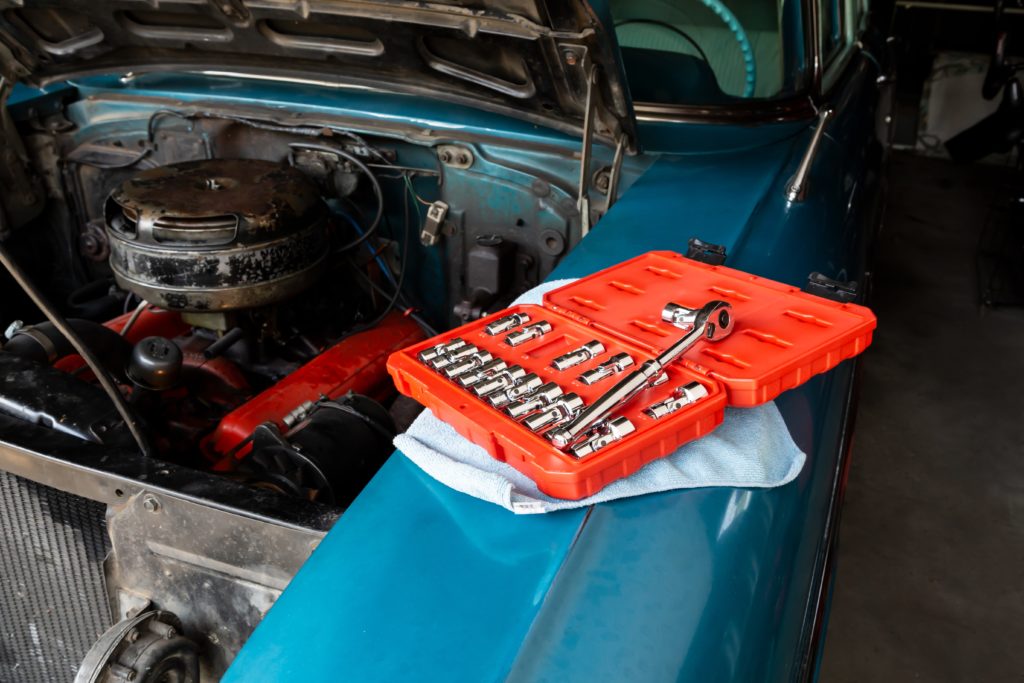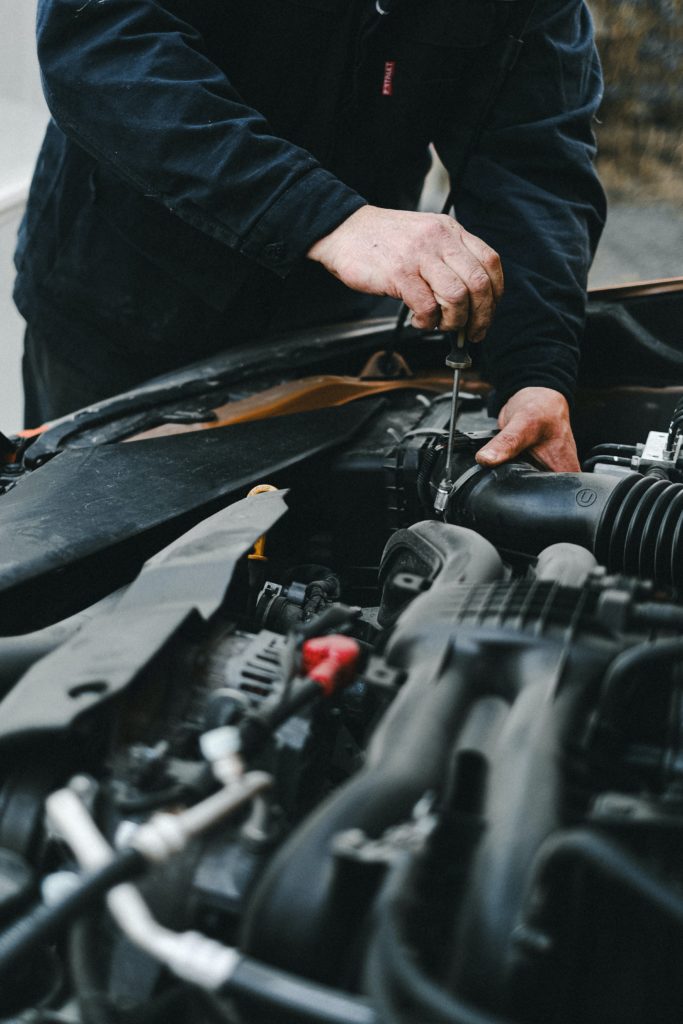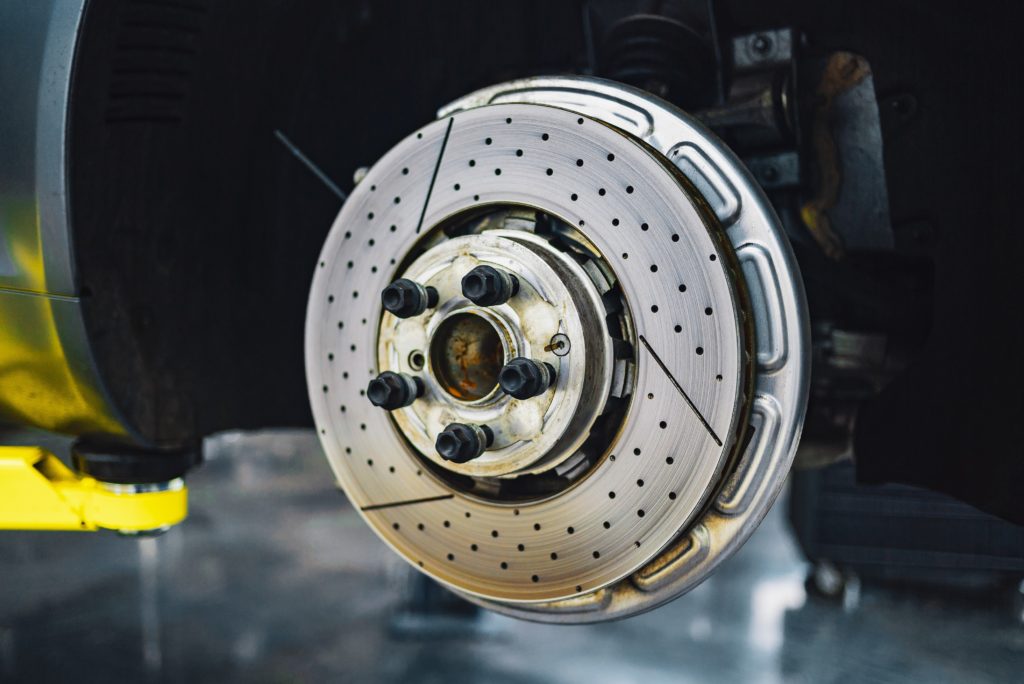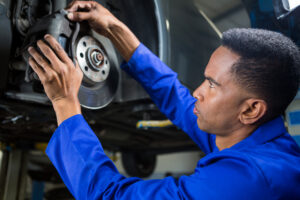Right to Repair South Africa aims to ensure fair competition in the South African Automotive Aftermarket.
The organization’s mission is to ensure that the South African automotive aftermarket becomes an open, competitive market where your choice of provider or product is dictated by price and quality rather than restrictive contract provisions. This kind of market is to the benefit of all role players in the industry, the pocket of the consumer and the economy.
Why a ‘Right to Repair’ Campaign?
No industry can thrive where monopolies are allowed to dominate and dictate the market. Fair and equitable access to a market is the foundation of broad based economic base within a sector.
Over the past decade, the Competition Commission has received complaints regarding allegations of anti-competitive conduct in the aftermarket value chain. The allegations include:
- exclusionary agreements and/or arrangements between OEMs and Approved Motor-body Repairers;
- the exclusion or foreclosure of Independent Service Providers in the markets for the service and maintenance and Mechanical Repairs for In-Warranty Motor Vehicles;
- unfair allocation of work by Insurers;
- restrictions on the sale of Original Spare Parts to ISPs;
- high barriers to entry that exclude small and medium enterprises (SMEs) and historically disadvantaged individuals (HDIs) from becoming Approved Motor-body Repairers and Approved Dealers;
- a lack of competition and consumer choice in the sale and fitment of Spare Parts.
A further issue is that cars have become more and more ‘computers on wheels’. Technological innovations provide better emissions control and more safety and comfort; but these innovations have made it increasingly challenging to service or repair a vehicle.
Without effective access to technical information, multi-brand diagnostic tools and test equipment, replacement parts and training, independent market operators are deprived of their right to service and repair vehicles.
Competition in the automotive after-market would be eliminated, and the entire independent automotive aftermarket chain is at threat of being driven out of business. And South African motorists would lose their freedom to choose the aftermarket care of their vehicles.

What is the Right to Repair Campaign?
The Right to Repair Campaign (R2RC) is an international information campaign on behalf of the many who care about the future of the multi-brand automotive aftermarket.
There is a need for a fair and competitive regulatory environment that enables freedom of choice for the consumers and that gives aftermarket SMEs a chance to stay in business.
The R2RC aims at preventing legislation that would deny consumers their right to have their vehicles serviced, maintained and repaired at competitive prices in the workshop of their choice.
What are the aims of the Right to Repair Campaign?
The Right to Repair Campaign focuses on consumer choice and effective competition in the automotive aftermarket. It is based on the right of motorists in the choice of the aftermarket care of their vehicles and the right of the independent operators to maintain, service and repair modern vehicles equipped with multiple electronic control units managed by complex software and multiplex networks.
The R2RC aims to
- improve the visibility and understanding of the independent automotive aftermarket;
- ensure that the legal right of access to technical information, tools and equipment, parts and training is upheld;
- promote a regulatory environment that effectively safeguards the interests of small and medium-sized companies in this sector;
- uphold motorists’ rights to have their vehicles serviced, from day one, by the workshop of their choice.

How does this affect me?
Without full and fair access to technical information, replacement parts, training, multi-brand diagnostic tools and test equipment, the independent aftermarket operators will be deprived of their right to service and repair vehicles. Independent repairers will be driven out of business. Independent distributors will lose their clients and tools and parts producers will lose their independent aftermarket business.
The survival of the entire independent aftermarket chain is at risk. The right to repair will safeguard the consumer’s right to affordable and convenient aftermarket care for his vehicle, from day one – including the statutory and any extended warranty period – and throughout the entire life cycle of his vehicle.
Why is the R2RC important for consumers?
The R2RC aims at maintaining effective and fair competition between independent aftermarket operators and the vehicle manufacturers’ service networks as it is the only way to guarantee the motorists’ freedom of choice of where to take their vehicles for servicing or repair. Motorists should be able to choose what is done to their property and who executes the work on what is, after all, their car.
This also means :
- The right to determine who should have access to the technical data stored by the computerized on-board systems, and to determine how such data may be stored and used;
- The right of motorists and independent operators to learn of any defect that needs to be corrected, this is especially important in the context of vehicle safety
- The right to have any quality part installed that meets all legal requirements, regardless of whether or not it was supplied by the vehicle manufacturer;

Why is the independent aftermarket vital for the economy?
Competition in the marketplace is good for consumers and good for business. Competition from many different companies and individuals through free enterprise and open markets is the basis of a healthy economy. When businesses compete with each other, consumers get the best possible prices, quantity, and quality of goods and services. Competition laws encourage companies to compete so that both consumers and businesses benefit. One important benefits of competition is a boost to innovation.
Competition among companies can spur the invention of new or better products, or more efficient processes. Businesses may race to be the first to market a new or different technology. Products that are commonplace today once were technological breakthroughs: cars, planes, phones, televisions, the personal computer, and modern medicines all show how innovation can change your life, and increase prosperity.
Competition can lead companies to invent lower-cost manufacturing processes, which can increase their profits and help them compete—and then, pass those savings on to the consumer. Competition also can help businesses identify consumers’ needs and then develop new products or services to meet them.
Crucially in the South African context, competitive markets are more accessible for smaller to medium enterprises and accordingly help to drive broad based economic growth, create jobs and allow for the upliftment of previously disadvantaged individuals. Competition is the basis for an inclusive and sustainable economy. It’s all good and well to give a BEE investment group a shareholding in a large dealership, but in the long run we need to make sure that the independent small business can compete which is a far more sustainable way of assuring real change in our economic landscape.






